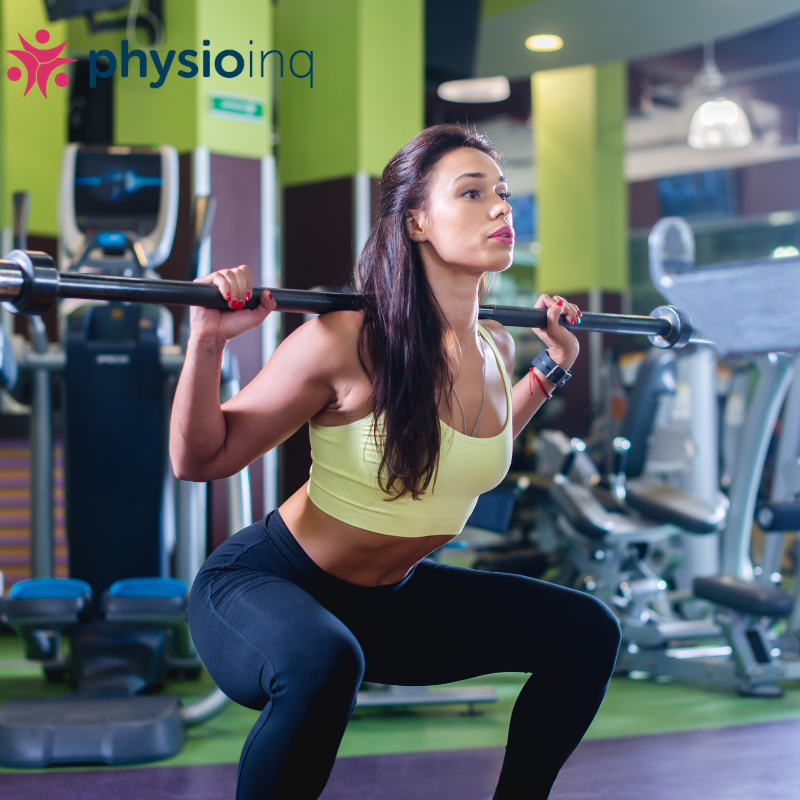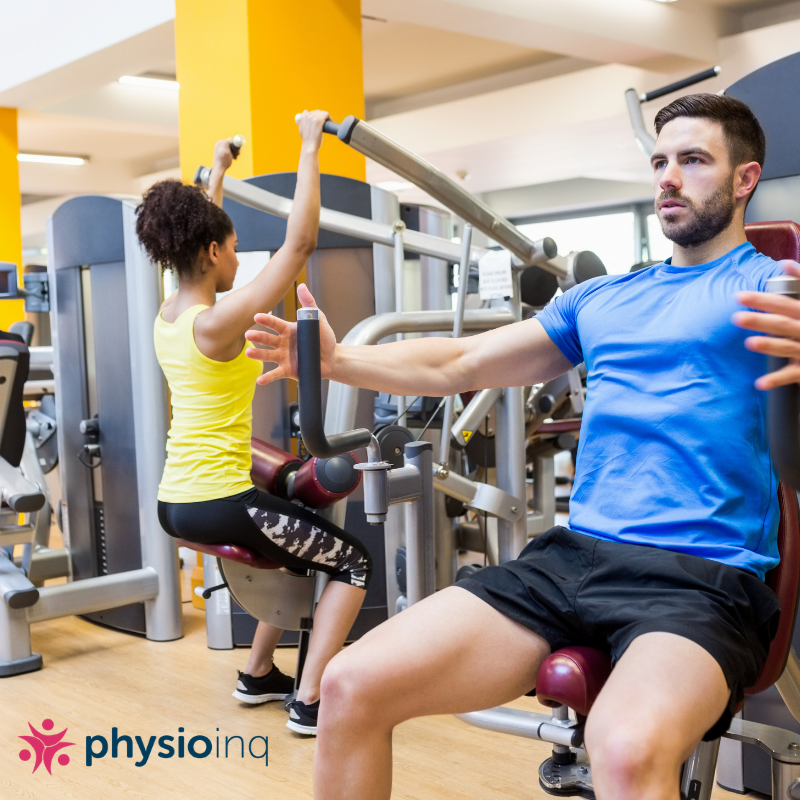
Free Weights Or Machine Weights? What Works Best?
Friday, December 14, 2018
People will often ask, whether injured or not, what should I be using? Should I be using machine weights or should I be using free weights? The answer, as you can probably guess, is that it depends…it's not a one size fits all and it does come down do a few factors. The answer depends on your fitness goals, if you are training for a particular reason and your level of experience in a gym environment.
Broadly speaking, I would say Free weights are more beneficial than machine weights. This is especially true for those who are experienced in a gym environment. This doesn't mean they are always best though.
The main advantages of free weights are:
- Free weights, generally, ensure you use both sides of your body evenly. For instance, if you're doing a shoulder press with free weights in each hand, you can't compensate with one side for the other as you could with machine weights. This promotes muscle balance and a symmetrical physique and ensures you don't end up with strength imbalances.
- Using free weights ensures you use your muscles to stabilise your joints through movement. On a machine, the joints follow a pre-set, rigid movement pattern but this is not the case with free weights. Instead your muscles have to control the movement path themselves which means it takes more motor control. This makes free weights more advanced that machine weights.
- Functional, compound movements are where the best strength and mobility gains are made. These movements are far more convenient to perform with free weights than machine weights. These include squats, deadlifts and bench press. Machines can't replicate these movements very well.
- Free weight exercises are more modifiable. For instance, if we want to change the angle of an exercise to target a particular muscle or part of a muscle, then this can be done with free weights but it can't be done with machines.
This does not mean there is no place for machines in a good weight training routine. There are some advantages to machines over free weights and they are:
- The movement path is pre-determined and rigid – not needing to be controlled by the gym-goer. This reduces the risk of injury. This is especially important for new gym-goers.
- New gym-goers can learn common exercises or common movements as the machine has these ‘pre-set'. New gym-goers can learn these movements which can later be transferred to free weights as they gain experience. For instance, a gym-goer may start on a shoulder press machine and then later on progress to a free-weights shoulder press.
- Machine weights reduce the need for a spotter. If you lose control of a weight with free weights it can cause serious injury. This risk is reduced highly on machines as the movement path is pre-determined and cannot be varied.
- Machines are often designed to isolate a particular muscle group so can be great for isolating certain muscles.
Overall, both free weights and machines have their advantages. I would advocate for the more experienced gym goer to use free weights to get the most out of their workout while someone with less experience should stick with machines to learn the movements and prevent injury.
If you are usually a free weight person, varying your workout with a few sessions of machine based workouts can be great to isolate certain muscle groups and ensure good form and technique aren't forgotten.
Someone who is transitioning from machine-based workouts to free weight workouts should reduce their weight and ensure they have enough control to use good form and prevent injury.


